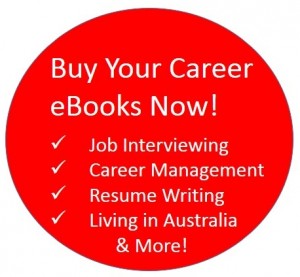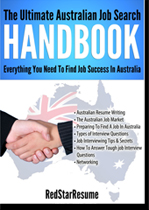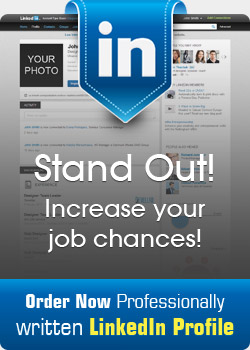Rule number 1: Research:
 Congratulations! You have been invited for the interview. Now what do you do?
Congratulations! You have been invited for the interview. Now what do you do?
The first step is beginning to research the company. Once you have done this you will be ready to prep for the interview questions, learn how to improve your interviewing skills and begin to think about what you’re going to wear to the interview.
In order to succeed in the interview you need to do your homework on the company. There is no set of rules to how to do your research but preparing yourself as much as possible will greatly enhance your chances of getting hired.
Make sure you use every available resource to help you with your preparation. By doing a basic Google on the company you can easily learn important facts about the company. Publically listed companies are easier to prepare your background research than privately listed companies as public companies are legally required to make certain information available. In the 21st century the Internet has made a lot of the pre interview research more available and easier to find. Don’t forget that you can also use other sources of information like public libraries or bookstores. Many magazines and journals can provide important and up to date information on your company and also provide you with information that your competitors who are also applying for the same job won’t know.
A true story…
A candidate of mine was applying for a job at one of the large investment banks. Out of 150 candidates the hiring manager had selected the top 10 best resumes to perform first round interviews. Every interview was 15-20 minutes long. The final question the hiring manager asked to each of the candidates was “Tell me something about the company.” Nine out of ten of the candidates rattled off information they had read from the company’s “about us page”, but one candidate stood out. After reading about the company’s strategic purchase of a new acquisition, the candidate was able to impress the hiring manager with his (somewhat different) knowledge.
The hiring manager later offered this candidate the role not because he was the smartest candidate, but because he showed his dedication by going the extra step in his interview preparation.
Your research for the job interview preparation should give you a better insight on:
The history of the business
How old the business is
The types of services the business offers
The hierarchy structure
How many offices/locations the business has
Number of employees
Career progression
The business culture
Competitors
Benefits
Check out the Competitors websites as well – they are also a good source of information for your job preparation.
© RedStarResume Publications – www.redstarresume.com
During the last decade, RedStarResume has successfully written hundreds of professional resumes for candidates across the globe. From the student or entry level position to the CEO, our unique, custom-made resumes are written specifically to match the goals and desires of our clients and to help them land jobs.

























